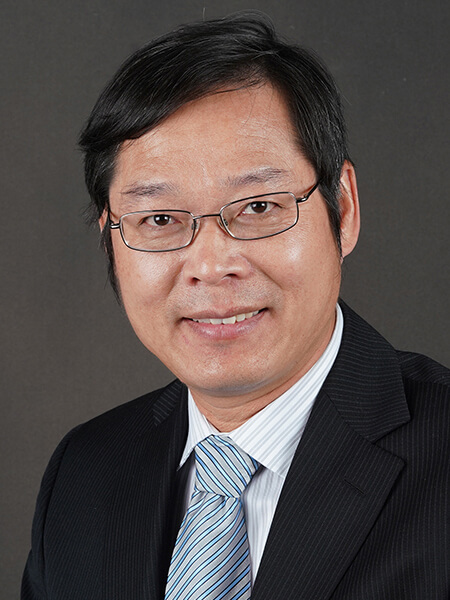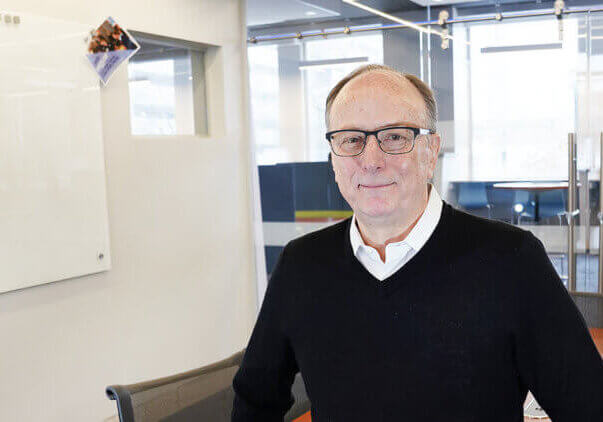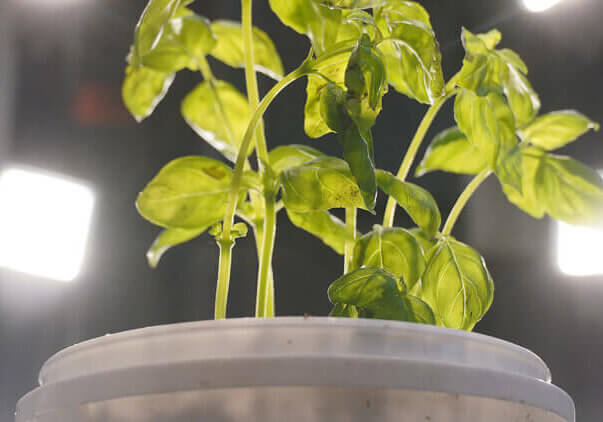S
hihuan Kuang, professor of animal sciences at Purdue University, has been appointed to an endowed chair designed to strengthen Purdue’s program in stem cell biology. As Cancer Center Chair in Stem Cell Biology, Kuang will bring together researchers across stem cell biology to better understand their role in cancer development, resistance to therapy and cancer progression.
“Dr. Kuang is recognized nationally and internationally for his work in stem cell biology,” said Timothy Ratliff, distinguished professor of comparative pathobiology and the Robert Wallace Miller Director Purdue University Center for Cancer Research. “The Purdue Center for Cancer Research is delighted to support his professorship, which provides recognition of his outstanding research accomplishments. Center for Cancer Research members look forward to working with Dr. Kuang to better understand how stem cells contribute to cancer development and progression and using this knowledge to develop novel therapies for the disease.”
To support a strong program in stem cell biology that will lead to major grant support from the National Institutes of Health, the center is providing Kuang with funds for early collaborative research as well as his chair.
“Stem cell research has the potential to revolutionize future medicine to improve human health and benefit agriculture, from tissue growth and regeneration to therapeutic cloning,” Kuang said. “I am grateful to the leaders of my college and Purdue Cancer Center for this tremendous opportunity to unite stem cell researchers on campus and to enhance Purdue’s capacity in stem cell research.”

“Scientists in the College of Agriculture and across Purdue University are conducting innovative research that can have significant impact on human and animal health,” said Karen Plaut, the Glenn W. Sample Dean of the College of Agriculture and professor of animal sciences. “Dr. Kuang’s groundbreaking discoveries make him an ideal choice to provide leadership in this area.”
Kuang recently led a team of scientists who showed for the first time that fat inside adult muscle stem cells regulates their fate. The discovery has potential implications for muscular diseases, aging and animal sciences. The team’s findings, coupled with newly identified roles of lipids in other stem cell types, including cancer stem cells, suggest fat may be involved in much more than previously thought, Kuang said. The study, funded by the National Institutes of Health, Muscular Dystrophy Association and U.S. Department of Agriculture, is detailed in a paper in the journal Cell Reports.
Professor seeks to build academic bridges between scientists
With over 30 years spent at Purdue University, Thomas Hertel, distinguished professor of agricultural economics, has many professional milestones that timestamp his career. The most recent one is the announcement that he has received the Humboldt Research Award by the Alexander von Humboldt Foundation in honor of his career dedicated to researching the global impacts of trade, climate and environmental policies. The award will enable Hertel to spend six months conducting research in Potsdam, Germany.
Read Full Story >>>

